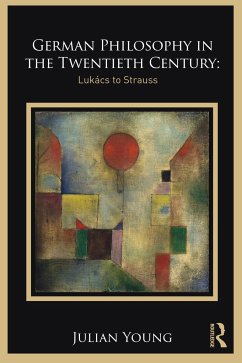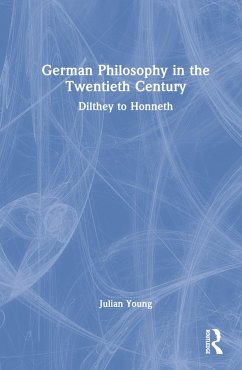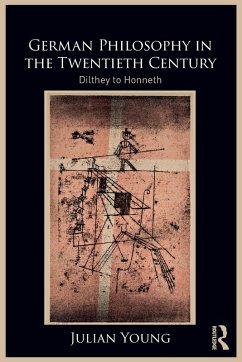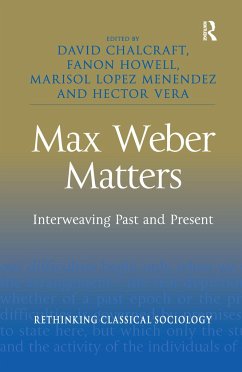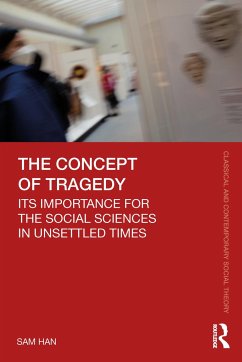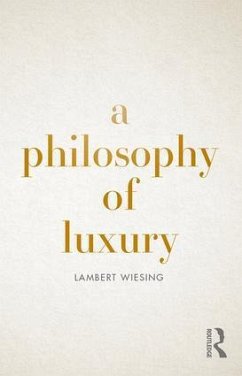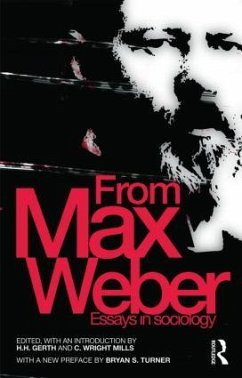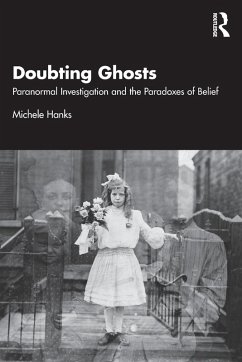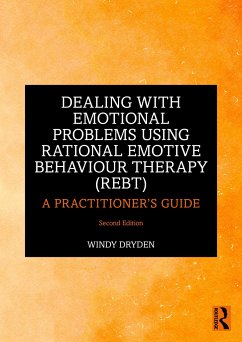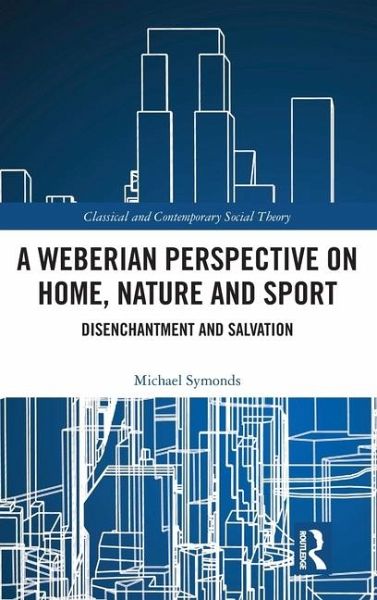
A Weberian Perspective on Home, Nature and Sport
Disenchantment and Salvation
Versandkostenfrei!
Versandfertig in 6-10 Tagen
154,99 €
inkl. MwSt.
Weitere Ausgaben:

PAYBACK Punkte
77 °P sammeln!
This book extends Max Weber's theory of the value-spheres of modernity into wholly new areas, showing that the addition of home, nature and sport to Weber's own list of five spheres (economic, scientific/intellectual, political/legal, erotic and aesthetic) yields original insights into these aspects of modernity and modernity itself. It shows how each of these new spheres is able to create its own 'inner cosmos' of salvation from rationalised senselessness, just as Weber's 'irrational' spheres offer release from the grim reality of capitalism, the disenchanted universe and the bureaucratic sta...
This book extends Max Weber's theory of the value-spheres of modernity into wholly new areas, showing that the addition of home, nature and sport to Weber's own list of five spheres (economic, scientific/intellectual, political/legal, erotic and aesthetic) yields original insights into these aspects of modernity and modernity itself. It shows how each of these new spheres is able to create its own 'inner cosmos' of salvation from rationalised senselessness, just as Weber's 'irrational' spheres offer release from the grim reality of capitalism, the disenchanted universe and the bureaucratic state formed by the more 'rationalised' spheres. Drawing on a wide, cross-disciplinary range of sources, the author sheds light on the role of home in creating a sense of our enchanted past, of nature in helping to restore to the world a teleological meaning constructed from innocence and purity and of sport in imposing sense on the world, at least temporarily. A Weberian Perspective on Home, Nature and Sport: Disenchantment and Salvation will appeal to scholars of sociology and social theory with interests in classical sociological theory and the analysis of modernity.





